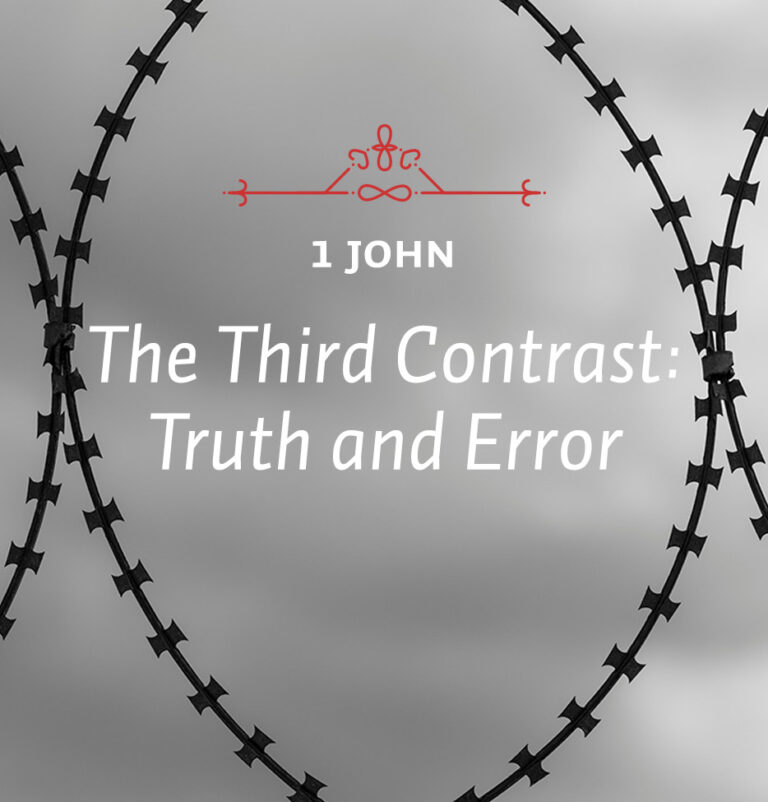The tragedy of our time is that we have not enough men and women to proclaim and defend that doctrine. So the truth is not clearly defined, and the way is not clearly illuminated. The doctrine of the apostles, the only true doctrine of the church, illuminates it; and the incarnation of God’s Christ defines and gives a focal point to that doctrine. It is for us to determine whether or not we believe that doctrine and, if we do, to respond to it. There are not three ways, according to the apostle. There are not four, or five, or more. There are only two ways: the way of truth and the way of error, the way of Christ and the way of antichrist. We are called to serve Christ, and those who are truly of God will do so.




